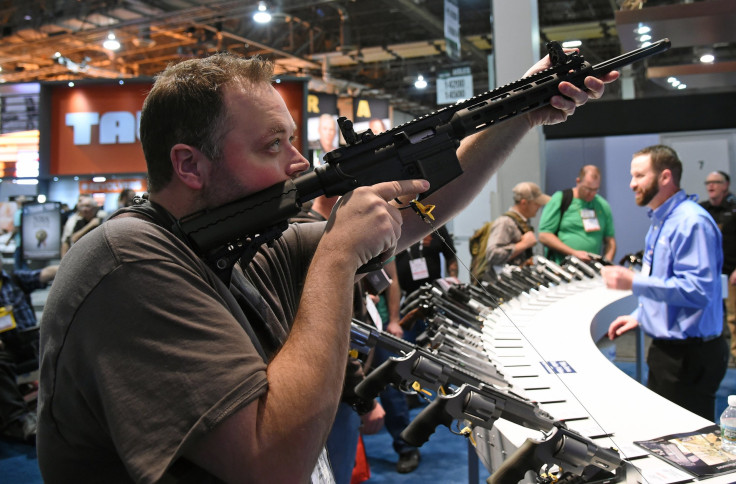Gun Control In The USA: How FedEx Shooter Managed To Buy A Gun Despite Red-Flag Laws
The recent shooting rampage at an Indianapolis FedEx facility has sparked a fierce debate over the efficacy of Indiana’s gun control laws. After the mass shooting left eight employees dead, state lawmakers began fighting a Republican supermajority to correct loopholes that allowed the gunman to purchase firearms even after authorities were informed he was a threat.
The 19-year-old man was detained over a year before the massacre after his mother called the police and told them he might attempt “suicide by cop.” Authorities took his shotgun, but it’s unclear whether they initiated processes that would stop him from buying more.
Indiana has a variety of laws in place intended to stop exactly this situation. The man's shotgun was seized under “extreme-risk-protection” laws that order a hearing within 14 days. A successful argument from the government would prevent the subject from purchasing further firearms.
That process, however, can only be brought by law enforcement. The shooter bought two more rifles in the months after his detention, passing a background check for both of them. If a court case had been completed, it would have provided a red flag when the FBI checked his file.
In other states with similar laws, it’s common for parties outside of law enforcement, such as family members, to be able to request the trial process.
Aaron Kivisto, associate professor of clinical psychology at the University of Indianapolis, suggested that Indiana’s single avenue for initiating proceedings could be a fatal flaw in the law.
“Although there remain many uncertainties involved in the recent case from Indianapolis, the facts that have been reported seem to support the consideration of mechanisms that allow family members to petition the court directly when they are concerned about someone in crisis,” he told the Washington Post.

Indiana Democrats are already calling for action. Indianapolis City-County Councilor Ali Brown singled out several state political leaders in a statement to the Tribune-Star, saying inaction would be “absolutely cold-hearted.”
“The conversation will be tough, but we must get a firm grip of the situation and the collective epidemic,” Brown said. “If that means passing background check legislation, banning automatic rifles and advocating for other common-sense gun control measures, let’s get that done immediately.”
The actions of Indiana’s legislature, however, have been moving in the opposite direction. The Republican supermajority passed a variety of bills expanding access to firearms, including a nonbinding Senate resolution three days before the massacre reiterating the importance of access to guns.
State Sen. Jim Tomes, a sponsor of the resolution, prodded gun-control advocates for wanting to “get guns off the streets.”
“Nobody can ever tell me what they mean by that,” he said. “I ain’t never seen a gun on the street. I’ve never seen one on the sidewalk waiting to cross the street.
© Copyright IBTimes 2024. All rights reserved.











